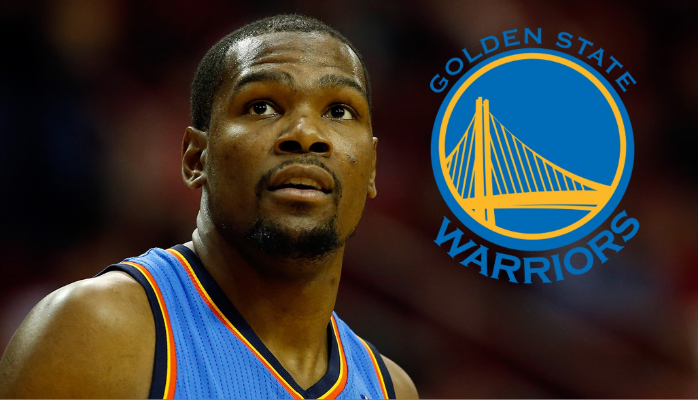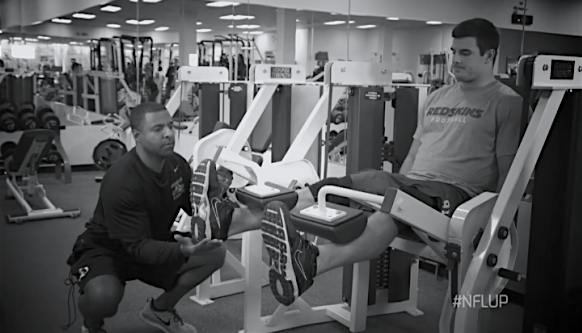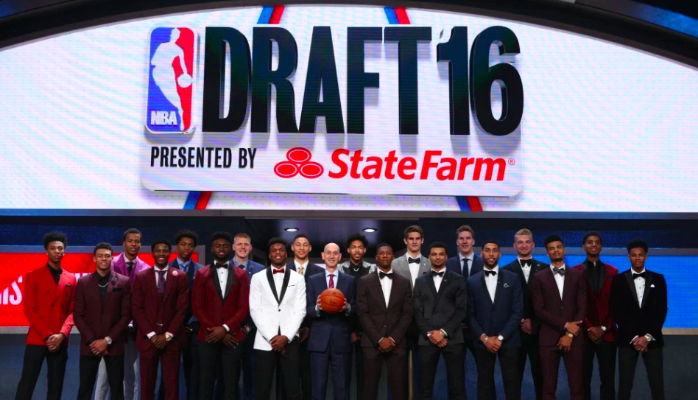Kevin Durant spent his Fourth of July publicly exercising his pursuit of happiness as outlined in the Declaration of Independence announcing he will be joining the Golden State Warriors for the 2016-17 season. His decision rivaled the 2010 move LeBron James made taking his talents to South Beach. Although this may not be the same situation, the influence is undeniable. Another incredible influence to sports today is the emergence of the millennial generation. Here are some parallel trends to take into consideration.
1. Instant gratification
Millennials need to feel like what they are doing is important and that they are on the right track. Durant has been on track for years now checking all the boxes of a modern day superstar, except the ring. He has remained as loyal as he could chasing the championship. If the end goal is to put himself in a position to win a championship and get a ring, then why not go to the team who has consistently made it there 2 years in a row.
2. Collaboration
We live in a world now where shared, co-working office space is sought after. We open and share our homes to strangers travelling through and to our cities. The days of living in an isolated cubicle does not attract today’s younger talent. Millennials are extremely team-oriented and enjoy collaborating and building friendships with colleagues. Durant’s move to Golden State will surround him with amazing talent known for their incredible team culture. They thrive on four core values. What exactly are those values? Luke Walton elaborates:
“The first one and the most important one is probably joy–he wants us having fun. It’s a long season, this game’s meant to be fun. There’s mindfulness. There’s compassion–for each other and for the game of basketball. And then there’s competition. When we hit those four things, we’re not only very tough to beat, but we’re very fun to watch, we’re very fun to coach, we’re very fun to be around.”
3. Career Advancement
This factor I believe has the held the greatest weight in Durant’s decision. Millennials are passionate about moving forward. The average worker today stays at each of his or her jobs for 4.4 years, according to the most recent available data from the Bureau of Labor Statistics, but the expected tenure of the workforce’s youngest employees is about half that. Ninety-one percent of Millennials (born between 1977-1997) expect to stay in a job for less than three years.
As fans, we tend to criticize players as they manage their careers moving from team to team. We question such players motivation, skill level, and loyalty although the data speaks for itself. Durant published his decision and in his own words noted, “But I am also at a point in my life where it is of equal importance to find an opportunity that encourages my evolution as a man: moving out of my comfort zone to a new city and community which offers the greatest potential for my contribution and personal growth.”
Durant, at this point, is in the 9th-year of his career, all with OKC . The average career in the NBA is 4.8 years making this a very time sensitive business. And being a professional athlete makes you a small business. You have a limited amount of time to be as successful as you possibly can and then the ride is over. If he feels like his client (The Thunder) is not setting him up for success then surely he has a right to work with one that will. How long do you wait for the organization to surround you with the right people before you surround yourself? LeBron waited 7 years.
The modern day NBA may not have been as impacted by Lebron’s decision to leave Cleveland and join a superteam in pursuit of his ring as much as the fact that it actually worked! I wouldn’t be surprised to see more moves like this in the future. You only get so many years to play the sport you love and win a championship, the new generation has no problem going to get it by all means necessary. Before we condemn Durant for his motives let’s try to apply the same logic corporate America leverages to attract Millennial talent.
Just imagine you’ve been offered to do the same exact job you do now but at the Google campus. Surrounded by today’s top tech innovators and creative minds and arguably the most unconventional and desirable work environment and team culture. They are bringing you in to do a special project that will change history and your place in it forever. Bringing more meaning, social responsibility and purpose to your career. Do you take it? Do you complain that the working world “Ain’t what it used to be”?
The days of Kobe, Tim Duncan, and John Stockton staying with one team their entire career are coming to a close. This new generation revolutionized technology, the way we communicate, work and live our day-to-day lives, why not the way we watch sports? We may not agree with his decision but we must respect that there are greater factors involved than we may be privy to. Some call his move weak and cowardly but in business, this merger is on trend with the same generational influence revolutionizing the world around us.




